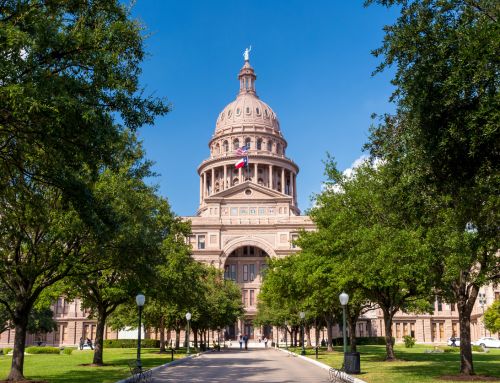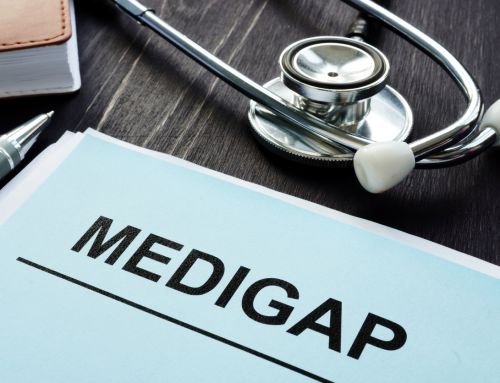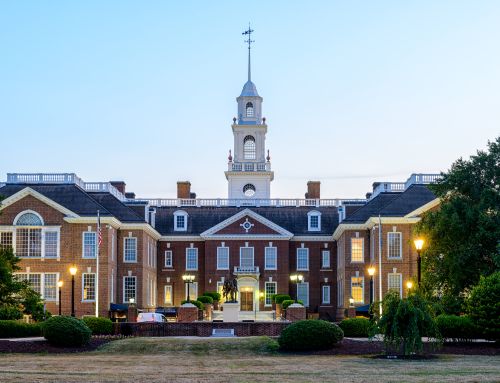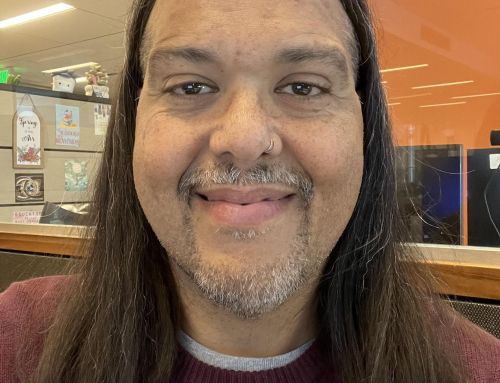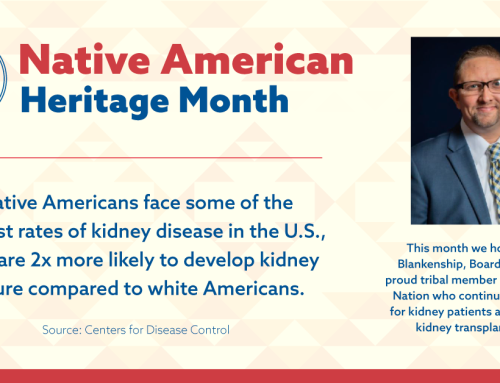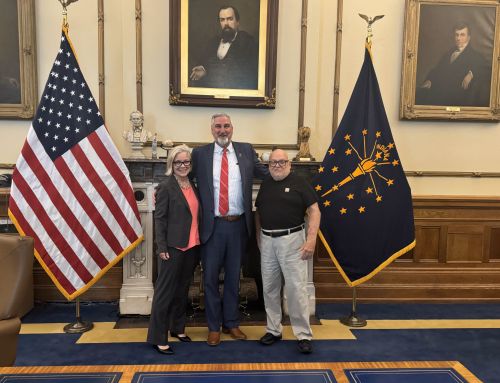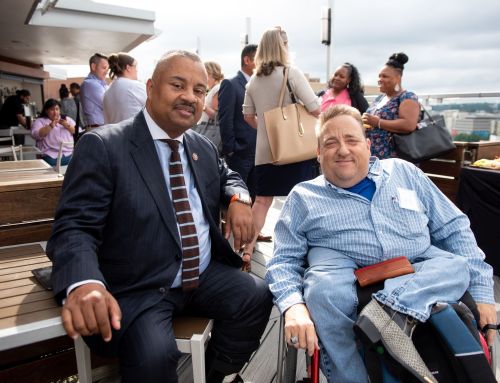WASHINGTON, D.C. (April 6, 2023) — Dialysis Patient Citizens (DPC) today applauds the signing of Kentucky bill HB 345, which will ensure access to Medicare Supplement – also called Medigap — coverage for Kentuckians under 65 living with End-Stage Renal Disease (ESRD) or Amyotrophic Lateral Sclerosis (ALS).
This bill received resounding bipartisan support in both the Kentucky Senate, where it passed on a 37-0 vote, and in the Kentucky House of Representatives, which passed the measure on a 91-1 vote. HB 345, which was introduced by Representative Kimberly Poore Moser (R-District 64), allows Commonwealth residents under 65 to acquire affordable Medigap plans to supplement their Medicare coverage. In addition, the bill provides an annual 60-day window around an enrollee’s birthday to switch insurers (though not the plan letter) to give them an opportunity to find more affordable premiums.
“This legislation is a significant win not only for ESRD and ALS patients across Kentucky, but for their families as well,” said Representative Moser. “I appreciate the immense support this bill received in the General Assembly. This bipartisan accomplishment will change the lives of thousands of Kentuckians, who can now be confident they will be able to afford their treatments and more easily qualify for transplants.”
“Kentucky now joins 15 other states that have enacted Medigap access and affordability laws, and 12 others which have an annual open enrollment period for Medigap enrollees to make changes to their coverage,” said DPC Board President Andrew Conkling. “On behalf of DPC, I want to thank Representative Moser for her work on this bill and Governor Andy Beshear (D) for signing it into law. Now patients in Kentucky will not need to spend down assets to qualify for Medicaid and avoid going tens of thousands of dollars into debt just to afford life-saving treatment.”
Background
- While all patients with ESRD qualify for Medicare, it only covers the cost of 80 percent of the cost of care. Previously, Kentucky ESRD patients under 65 did not have access to affordable supplemental “Medigap” coverage to pay the remaining 20 percent.
- This forced patients to either pay that cost out of pocket – upwards of $18,000 annually for dialysis patients – or turn to expensive Medigap plans costing up to 250 percent more than those available to ESRD patients 65 and older. Further, some patients make the decision to spend down their assets to qualify for Medicaid to pay the 20% out-of-pocket costs.
- The benefits of this bill come at no fiscal impact to Kentucky, as Medicare Supplement policies are sold by private insurance companies. A study from the nationally recognized consulting firm Health Management Associates which utilized the latest fee-for-service Medicare claims data estimated that if insurers choose to raise their rates, it would likely be no more than a de minimis premium increase of up to 0.9 percent, or about $2.00 per month for the overall Medigap pool.
- The premium protection and birthday rule provisions included in HB 345 are modeled after legislation that Missouri has had in place since 2009. Today, there are more than 245 plans being offered by 37 insurers in Missouri for the under-age 65 market, signaling a truly healthy and competitive marketplace.
- Most transplant centers will not list ESRD patients on the active kidney transplant waitlist without secondary insurance coverage.
###


